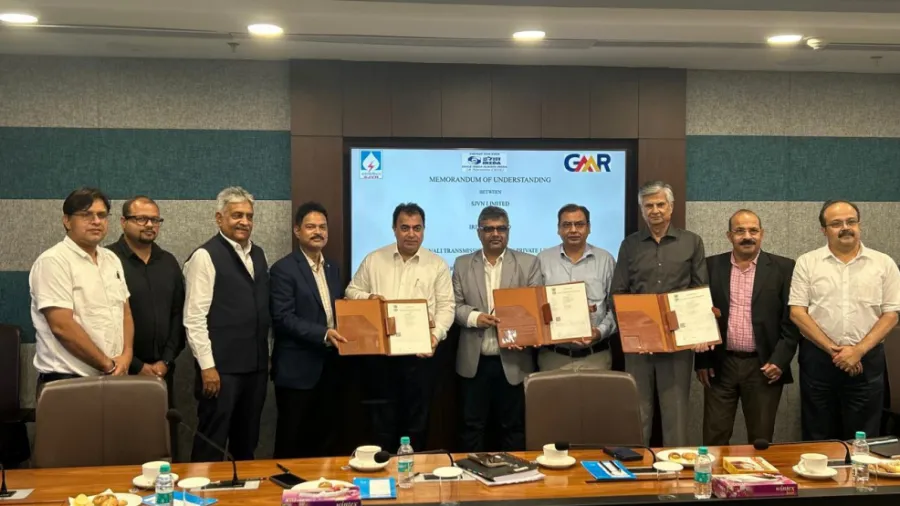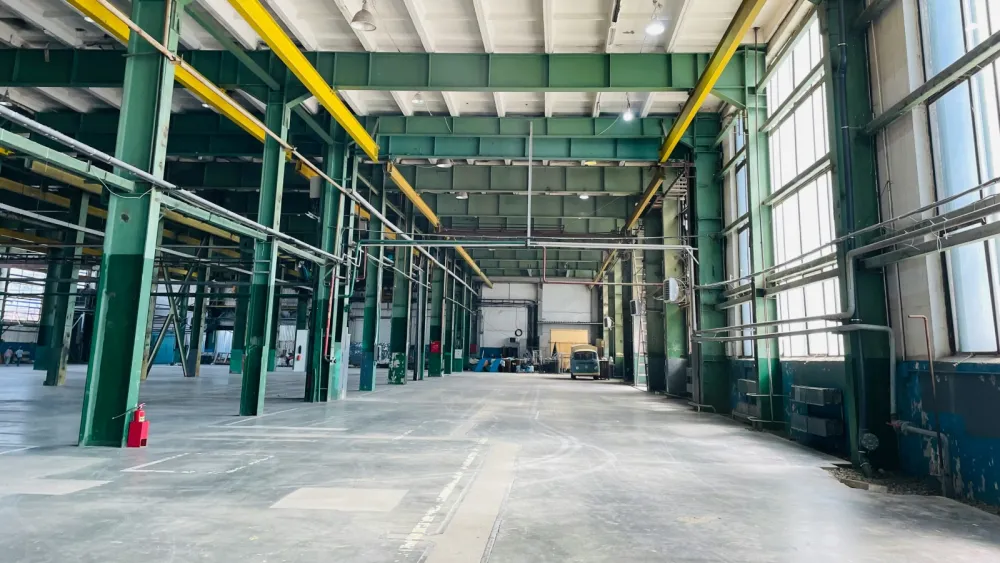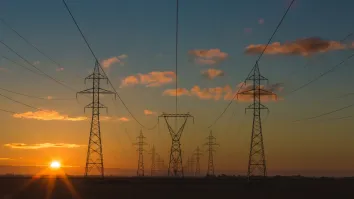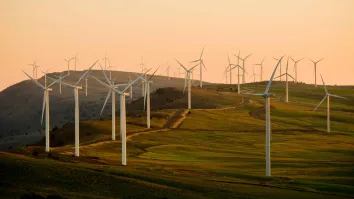
IREDA and partners sign deal for Nepal’s 900-MW hydro project
This was approved in principle by IREDA in July.
Indian Renewable Energy Development Agency Ltd. (IREDA) has signed a memorandum of understanding with SJVN Ltd., GMR Energy Ltd., and their associated companies for the development and implementation of the 900-megawatt Upper Karnali Hydro-electric Project in Nepal.
In a statement, IREDA said the “collaboration aims to enhance regional energy security through the development of renewable energy infrastructure.”
“This collaboration not only accelerates the development of Nepal’s hydropower sector but also strengthens regional energy cooperation, supporting our shared goal of sustainable growth,” said Pradip Kumar Das, chairman and managing director of IREDA.
The 900-MW project was approved by IREDA's board on 16 July 2024.
IREDA earlier approved a $35.4m investment for the hydroelectric power facility. This investment will give it up to 10% shareholding in the Upper Karnali Hydro-Electric Power Project.


















 Advertise
Advertise







